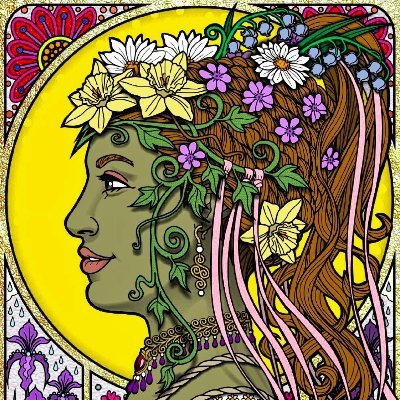
Understanding the Difference Between Hemp-Derived and Drug Cultivar-Derived CBD
Farmers are planting more and more hemp crops this season as the popularity and demand for CBD products continues to rise. From CBD gummies and topicals to vapes and smokables, there is something for everyone when it comes to CBD. But what exactly is the difference between hemp-derived CBD versus CBD derived from drug cultivars?
The answer lies within what is called the “entourage effect” which happens when natural compounds like cannabinoids and terpenes work together to amplify and improve the benefits associated with taking CBD. While CBD isolate from hemp may provide some physical and mental stimulation, full-spectrum CBD found in drug cultivars are proven to be more effective due to the entourage effect.

Live CBD resin extracts created from drug cultivars offer a highly concentrated full-spectrum CBD that can be used in various consumer product goods and even dabbed or vaped in its raw form. These cannabis plants have been bred and selected with an emphasis on resin production, rather than thick stocks and hardy seeds, resulting in more CBD, terpene profiles and overall better effects than the hemp variant.
At present, regulations for growing hemp crops make it much easier to obtain a license for legal cultivation, making it the go-to choice for many producers. However, hemp was not bred for cannabinoid content or terpene profile, meaning that drugs cultivars are the preferred option for producing higher quality CBD, although it does come with a few decimal points of THC.
It's up to educated and informed consumers to influence legislation and regulations that better fit CBD producers, and it's important to understand the differences between hemp-derived and drug cultivar-derived CBD. In the end, consumers will be rewarded with better quality CBD if they take the time to learn and choose wisely.



